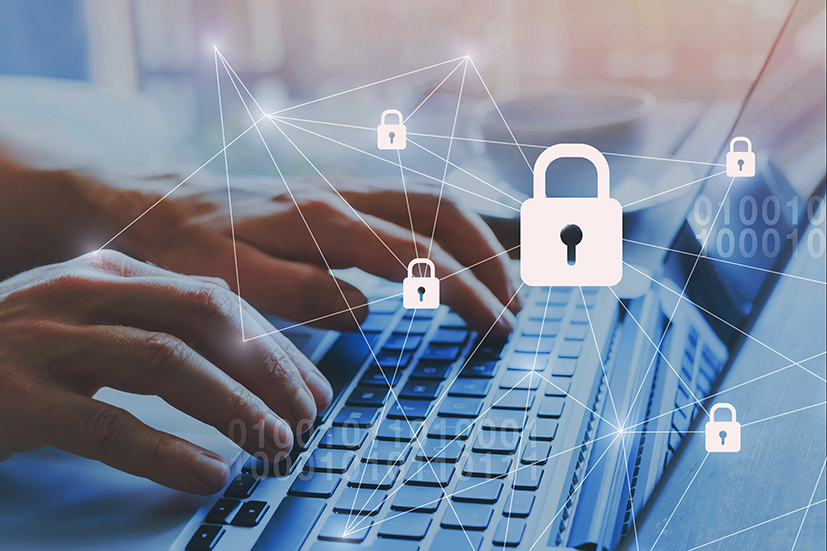Cyber threats have become increasingly sophisticated, targeting individuals and businesses alike. The UK’s National Cyber Security Centre highlighted the major threats in its 2023 review. This report underlined the importance of strong defence mechanisms. Regular antivirus scans are a crucial part of these measures. They offer proactive protection against the evolving risks.
But what are these threats? What exactly do antivirus scans entail? And what benefits can they offer? Read on to find out more.
Understanding cyber threats
‘Cyber threats’ is a term used to cover a wide range of malicious activities that aim to compromise digital systems, data, and networks. Common examples are malware, ransomware, phishing, and denial-of-service (DDoS) attacks. These activities can lead to severe consequences, including data breaches, financial losses, reputational damage, and operational disruptions.
What do antivirus scans do?
Antivirus software uses a file virus scanner to detect malware and other malicious activity. It can employ methods such as signature-based detection, heuristics, or sandboxing to pick up both known and emerging threats. Regular scans ensure that new dangers are identified and neutralized before they can cause harm.
The benefits of antivirus scans
These scans contribute to the security of a computer system in many ways:
- Early detection: Identifying threats quickly can prevent them from causing significant damage in the long term.
- System integrity: Ensuring there have been no unauthorised changes maintains security.
- Compliance: Helping businesses meet regulatory requirements and standards. This can avoid legal and financial penalties.
- Peace of mind: Knowing that your system is often scanned and free of malware can reduce anxiety and stress.
Best practices for protecting your systems
As well as using antivirus software, consider taking the following steps:
- Regular updates: Updates often contain patches and fixes for weaknesses that attackers could exploit.
- Frequent scans: Schedule checks to ensure continuous protection. Automated scans maintain vigilance without manual oversight.
- Data backup: Regularly back up data to an external drive, cloud storage, or both. This ensures you can restore it in the event of a ransomware attack or other data loss incident.
- Educate: Employee training on cybersecurity best practices can create a robust human firewall. This can be critical given that human error is a major factor in many breaches.
- Use strong passwords: Avoid using the same password for multiple programs. Additionally, changing them after a set period can prevent unauthorised access.
To stay safe online, it’s important to improve your understanding of cyber threats and the risks they pose. By following the steps above, you can keep your systems secure, operational, and resilient.



